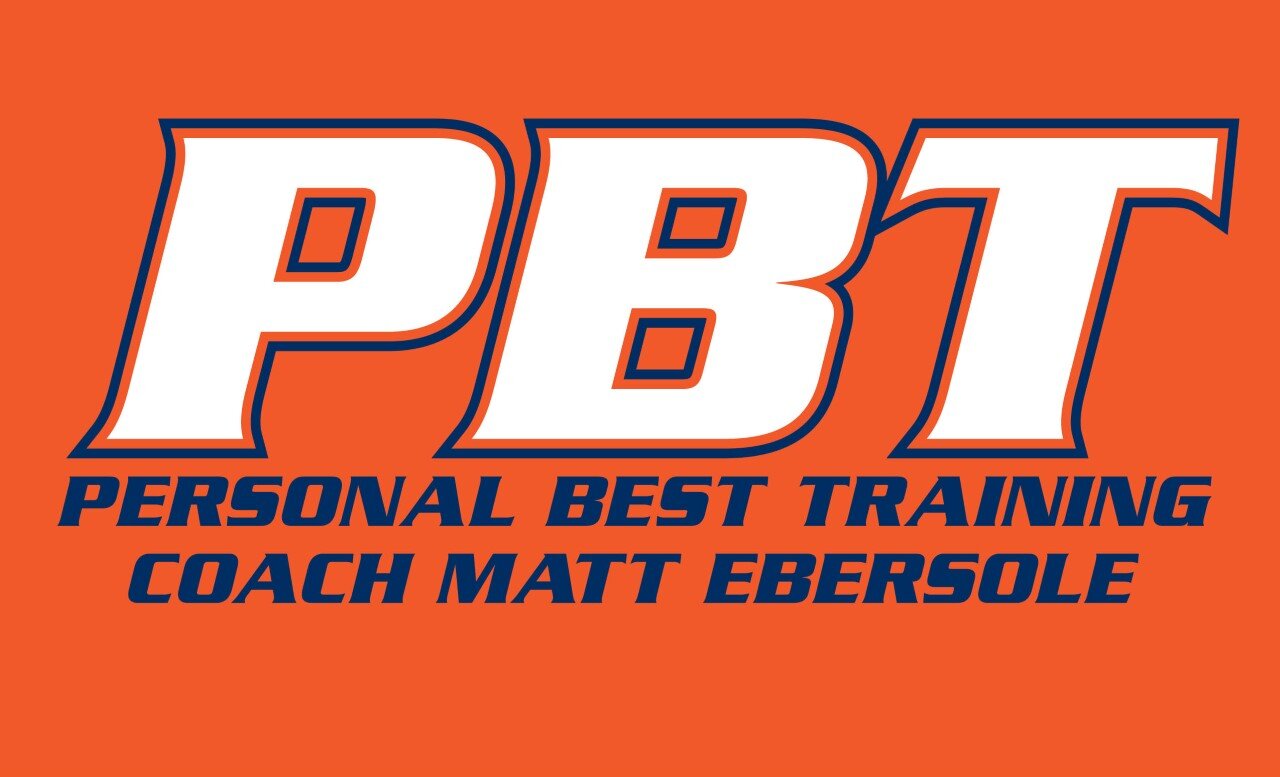Noah Droddy finishing last year's Monumental Half high on optimism. He carried this optimism out west to train in CO with Roots Running Project and made the Olympic Trials in the marathon and 10K.
As I prepared to meet with a group of my runners to talk about their marathon and half marathon race plans, I wanted a new way to describe the spirit of a long distance race plan. From there we can plug in their personally specific details. I have described the thinking on race days as transforming from a pessimist, to a realist, to an optimist. Here I offer a quote for each race segment that will transform you over the race distance.
"The Marathon can humble you." -Bill Rodgers 4 x NYC & Boston Marathon Winner*
Hang around the recovery area of a marathon or half marathon and one of the things you are least likely to hear is, "I should have started faster!" Of the countless tales of marathon success and crash and burns I have heard, I don't think I have come across 5 people that told me their time or experience would have been better if only they would have hit the first few miles harder. We know that your ever present effort gauge, perceived exertion, is MIA in high adrenaline moments. That is why the common refrain of, "But, it felt so easy" is usually followed by the word, "until". How about some real world evidence? Maybe you've heard about the Boston Marathon and its hills in the second half? The fastest time ever run on that course is 2:03:02 by Geoffrey Mutai in 2011. Care to guess how much time he banked on the downhill first half? He was actually 54 seconds faster over the hillier 2nd half and through the Newton Hills. If someone with that speed on that course holds back early, it might even work for you. This stage is usually the first 5-8 miles of a marathon and 2-4 miles of a half marathon.
"When the facts change, I change my mind. What do you do?" -Attributed to Winston Churchill (among others)
Most of the nerves that accompany race week are due to the unknown factors of race day. Will I feel good? What is the weather going to do? Is my calf going to hold up? And the list may go on. The early miles are like waiting for the conditions report. If you manage to stay nice and comfortable (race relative) and control your effort, you will find if the things you do not control are in your favor. I was a spectator at the Chicago Marathon in 2002 on a very cold and extremely windy day (even for Chicago). In all of my wisdom, I remember thinking that no one will be running fast today. I was very surprised when the reports from my runners started coming in. It was a big PR day. And yes, this was the day Paula Radcliffe broke the world record by a minute and a half. By the way her splits were 1:09:03/1:08:15. More negative splits! Contrast that to last year's Chicago where the temperature felt OK at the start but soon became evident it was too warm. If people did not adjust their plan accordingly and quickly, many miles of training went unrewarded. Check in with your self early and often and see what the day offers. If you are not sure, stay conservative early and gradually become more aggressive as the miles pass. This segment can last until 16-22 miles in the marathon and 8-10 in the half.
"Quenton Cassidy moved out to the second lane, the Lane of High Hopes, and ran out the rest of the life in him." Once A Runner -John L. Parker, Jr.
The perceived exertion that may fail you early comes back and can be trusted again later in the race. As a matter of fact it becomes pretty hard to fool, late in the race. There is a very trustworthy litmus test that happens every mile. Did that mile seem to pass quickly and are you excited about the fact you only have 10K to go? Or did that last mile seem to last 5K and another 10K might as well be Everest? This is the time that if it is you day, your challenge is to stay focused and keep the gas pedal down. It is a scientific fact that if you are running a great time and are passing people you will feel far less pain than going slower at a reduced effort. One of the many benefits of your training is that you have come to believe in yourself and be optimistic about the effort you can give when it gets difficult. This is the time to rely on that knowledge and cash in the time and effort you have invested in this race. If despite your best effort and adjustments for the day, it is still not going all that great, you can still tap into the training runs that headed south early that you managed to survive. You know you can get there. Just keep fighting and moving. This will lead to another better, faster day. It is my hope that by starting as a pessimist and transforming over the miles into an optimist, that better, faster day will be your next race.
*Here is the rest of the paragraph from Bill Rodgers' 1980 autobiography he wrote with Joe Concannon.
"When I say the marathon can always humble you, I mean that no matter what level you have reached, what medals you have won, or who you are, or no matter how many lesson you think you've learned, you can run into the most difficult situations in a marathon. I mean the ravages of physical fatigue and psychological despair. It happens to beginners, it happens to the best marathoners in the world. It's something we all have in common."


